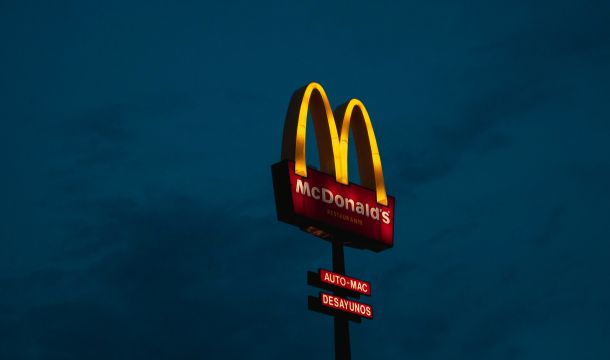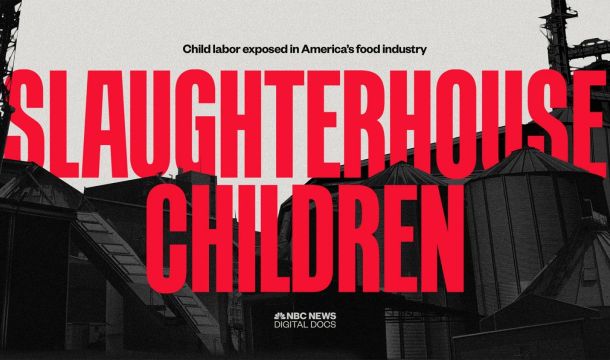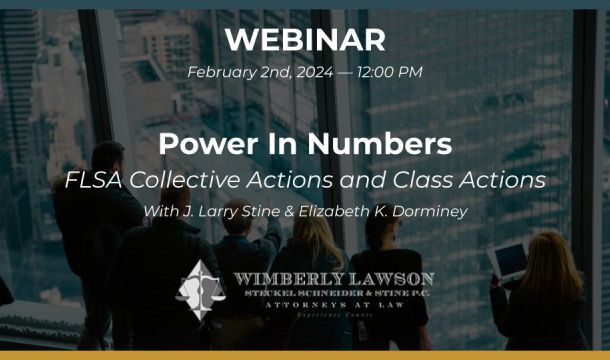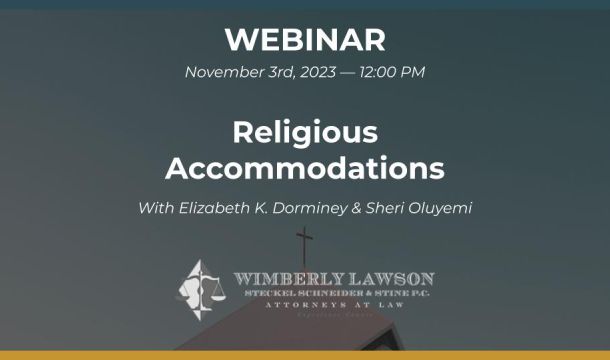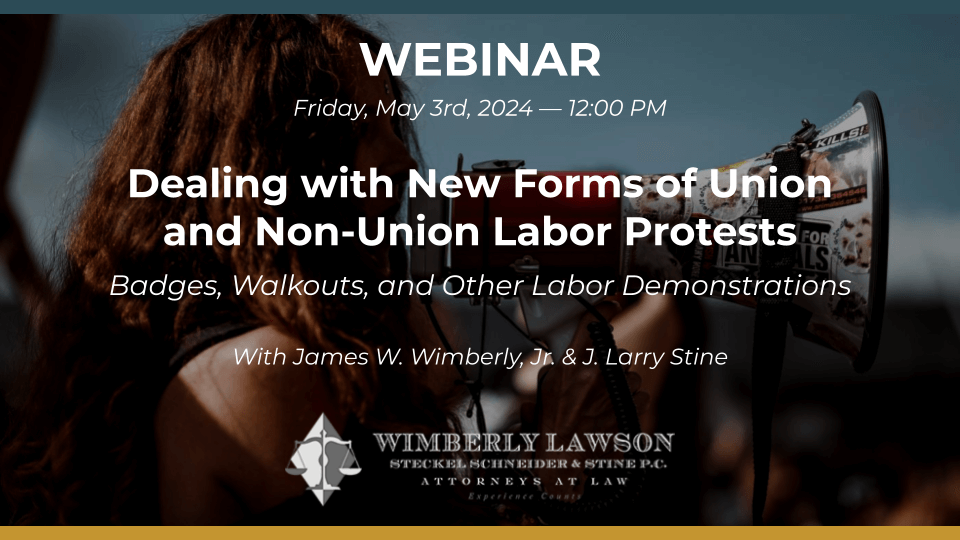FAQs on the Covid-19 Vaccine Executive Order
On September 9, 2021, President Biden issued an executive order (EO) mandating that Federal contractors and large employers require their employees to be vaccinated against COVID-19. Touted as a bold public health initiative, the EO is unprecedented: never before has the government issued a mandate requiring employees to submit to a vaccination or weekly medical testing or be fired. But, as the genie told Aladdin when granting his three wishes, there are “a few provisos, a couple of quid pro quos.” Let’s briefly explore some of the questions the EO raises.
Who is covered?
By its terms, the EO applies to employees of the Federal government and Federal contractors only: most employers in the private sector are excluded. The rationale is the same that applied to President Obama’s unilateral minimum wage increase a few years ago: the Executive Branch’s power is limited to employees under its control.
Is an employer who supplies products to the Federal government covered?
No. An employer who sells products to the Federal government as a customer – for example, a poultry processor that sells frozen chicken to the U.S. Army is not subject to the full panoply of Federal contractor rules. This applied to President Obama’s $10.10 minimum wage hike and also applies to President Biden’s vaccine mandate.
Is the vaccine requirement automatic?
No. The Executive Branch and agencies will have to draft regulations spelling out how the vaccine mandate is to be carried out. These regulations will spell out how the mandate is to be applied, interpreted, and implemented.
What about private sector employers with 100+ employees?
The President directed the U.S. Department of Labor (DOL) to require all employers with more than 100 employees to either require vaccination or regular weekly testing of employees. This means that the Occupational Safety and Health Administration (OSHA) will be preparing an Emergency Temporary Standard (ETS) directing covered employers to impose this requirement. This is going to take a while, and it is reasonable to expect legal challenges along the way to delay the process further.
Should employers start requiring vaccinations and testing right away?
No. Until the ETS has been drafted, circulated, and adopted, there is no enforceable mandate requiring any employer to take any action.
Has this been done before?
No. OSHA has required employers to make vaccinations available to employees, but never before has it required employees to be vaccinated, presumably on pain of termination of employment should they refuse. For example, OSHA’s rules governing 1 Wimberly, Lawson, Steckel, Schneider & Stine, P.C. Attorneys At Law ©2021 www.wimlaw.com exposure to bloodborne pathogens (BBP) require an employer to make the Hepatitis B vaccine available to potentially exposed employees. But again, never before has OSHA imposed a requirement that employees accept a vaccination or risk having their employment terminated if they refuse. Expect a legal challenge asking a court to say whether the government has the power granted by the Constitution to do what they’re doing.
Does the mandate apply to existing Federal contracts?
No. Not even the Federal government can impose new requirements on a contract that’s already been signed. The vaccine mandate will apply prospectively to contract extensions and renewals as well as to totally new contracts but will not apply retroactively.
Who is paying for this?
The taxpayer, ultimately. There usually is little to no resistance to any mandates imposed on Federal contractors because their “customer” – the government – foots the bill. If one President increases the minimum wage a Federal contractor has to pay its employees, the contractor will simply get more money from the Government to pay the increased wages. Ditto when the contractor is required to supply vaccinations to employees.
Do we need to do anything right away?
No. President Biden’s EO sounds like it is imposing a sweeping mandate on all U.S. employers but his power as Chief Executive is Constitutionally limited. The President does not have the power to require every employer to order every employee to be vaccinated with the mere stroke of a pen. That being said, Federal contractors who are negotiating new agreements or extending existing ones should expect it to be included: they will surely adjust pricing to account for this new mandate. And stay tuned as OSHA labors to produce an ETS for the vaccine, remembering that it took nearly a year and a half for them to prepare the COVID-19 ETS for healthcare workers.
Questions?
Need additional information? Contact Larry Stine by email or call him at 404-365-0900.
# # #
For those interested in campaign strategies and the like, please feel free to contact Jim Wimberly or by telephone at (404) 365-0900.
Related Content
Get Email Updates
Recent Content

Judge Invalidates Joint Employer Rule, and Independent Contractor Rule Takes Effect

The Importance of Fairness in Employment to the Law and to Job Satisfaction
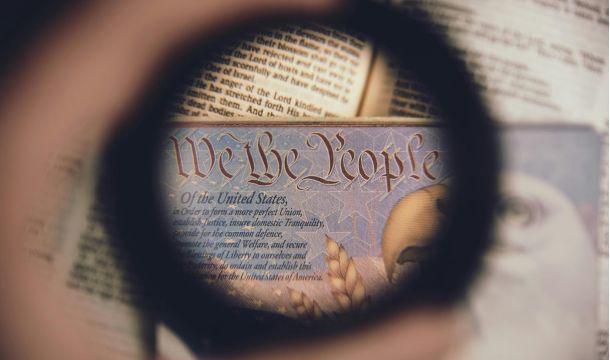
Major Employers Challenge Constitutionality of Labor Act

Starbucks' Big Change in Labor Policies

Judge Orders Survey Data to Be Revealed from Employer EEO-1 Reports
